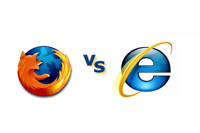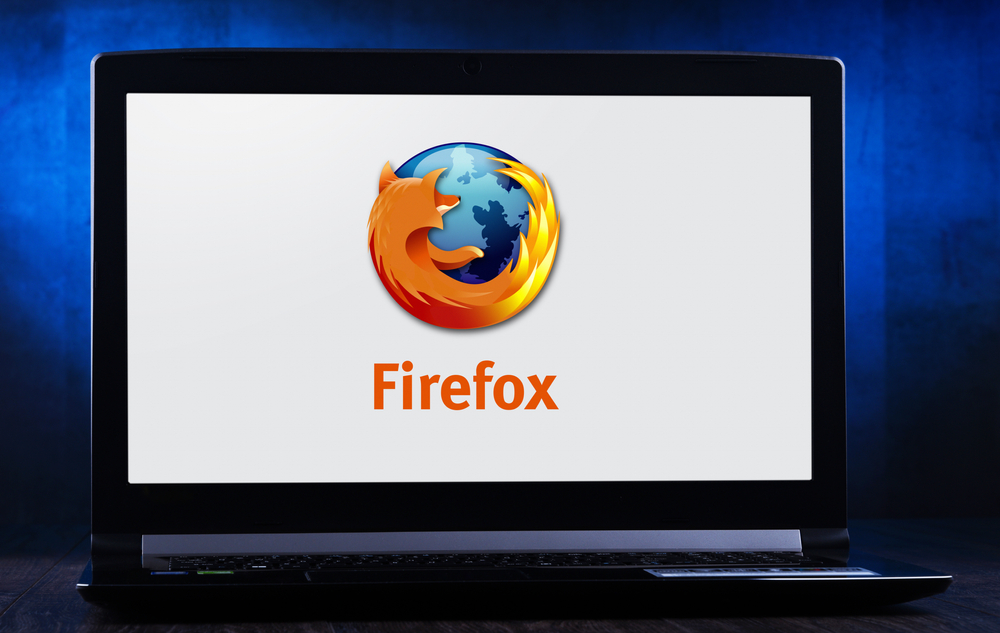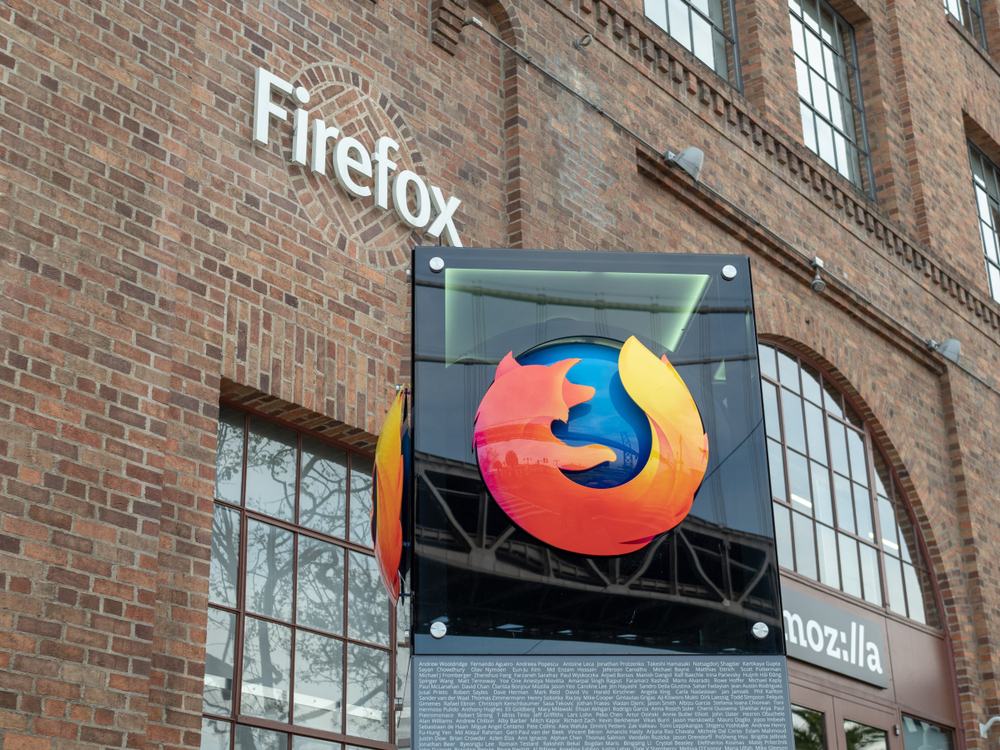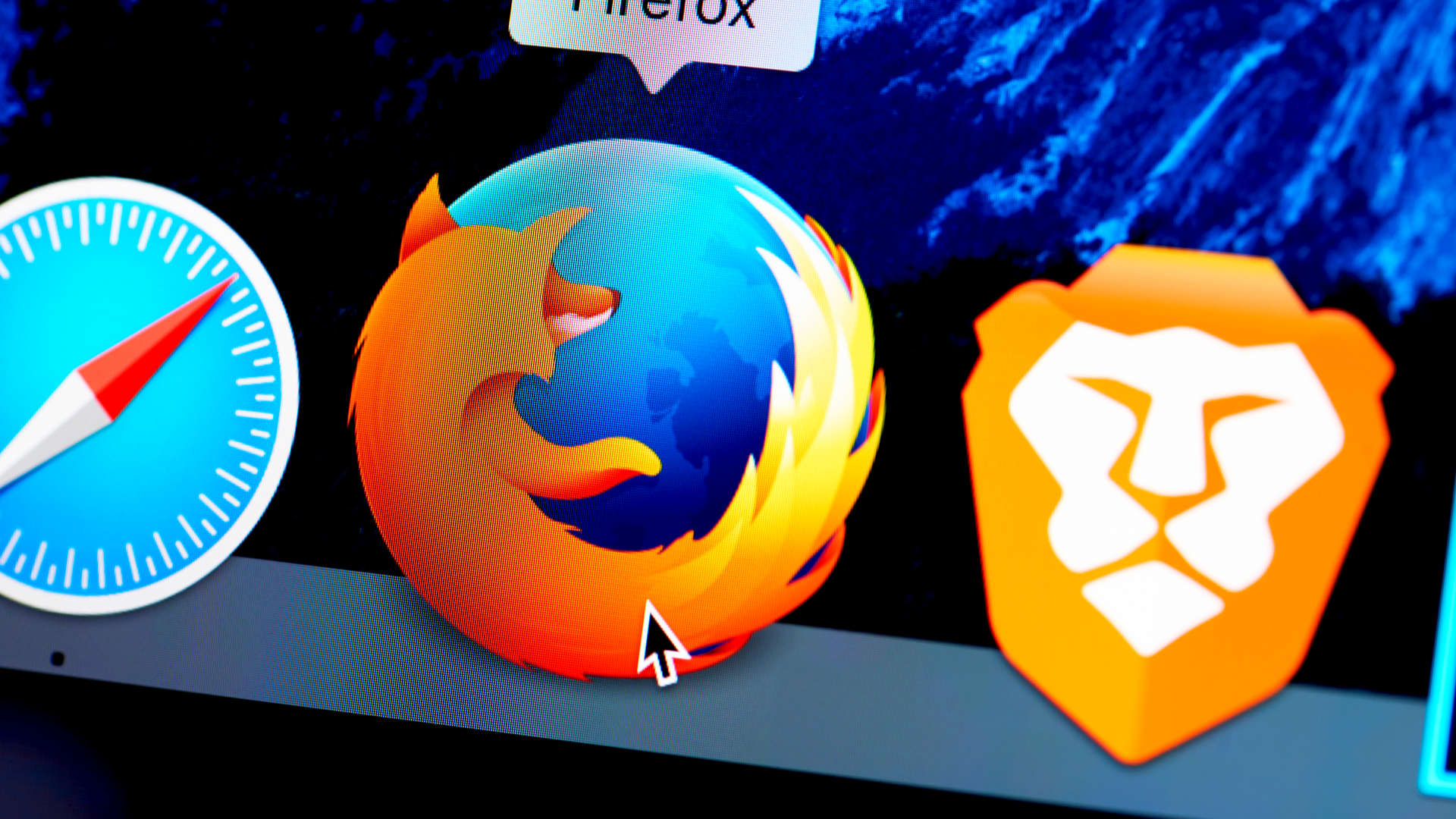Head to head: Firefox vs Internet Explorer
In our latest head to head, we weigh up the web's most popular browsers: Microsoft’s Internet Explorer and Mozilla’s Firefox.


Not many years ago a fight in the browser world between Microsoft and Mozilla would have been a foregone conclusion, with Internet Explorer lagging far behind Firefox in terms of performance, usability and security.
But Microsoft has been working hard to turn the tables. In a recent head to head we pitched Windows 7 against its predecessor Windows Vista and were impressed by improvements in both the user interface and the underlying code. So now it's time to revisit the browser wars and see whether Redmond's latest browser too has matured into a real contender or whether its free rival continues to show the way.
Installation and updates
If you're running Windows 7, you'll find that Internet Explorer 8 the latest version of the browser, known as IE8 for short is preinstalled along with the OS. For those with older versions of Windows, IE8 downloads automatically through Windows Update. Once the browser is installed, via whatever mechanism, you'll also receive automatic patches from the Windows Update service to ensure maximum stability and security. In terms of convenience you can't do much better than that, especially if you're deploying in a business environment.
Yet Firefox has an impressive try. When you visit the Firefox download site, your operating system and language are automatically detected, so installing the latest version (currently v3.5.5) is a mere matter of clicking a single "download" button and running the installer.
Once the software is installed, it will automatically carry out its own checks for updates once every day by default, though advanced users can change the schedule if they wish. When a new patch is found it's automatically downloaded, and the updates are applied whenever you next run Firefox.
For ease of installation IE8 retains a slight edge, because you really don't have to lift a finger to get it installed. And it's worth noting that, for corporate environments, it's far more manageable than Firefox: you can customise your installation package using the free IE8 Administration Kit, and deploy it remotely using either SMS 2003 or SCCM 2007. You can also enforce specific configurations via more than 1,000 group policy settings. Firefox has nothing to compare with this and, for some scenarios, this will end the debate immediately.
Sign up today and you will receive a free copy of our Future Focus 2025 report - the leading guidance on AI, cybersecurity and other IT challenges as per 700+ senior executives
But for individual use, or for a small office with less rigorous management, we prefer Firefox simply because of its approach to updates. Since the browser is your gateway to the internet, it makes sense to check for security updates on a daily basis even if Windows Update doesn't run automatically (or if your updates are centrally managed to a different schedule).
What's more, Firefox patches never require you to restart your PC, while those that arrive via Windows Update often do.
Darien began his IT career in the 1990s as a systems engineer, later becoming an IT project manager. His formative experiences included upgrading a major multinational from token-ring networking to Ethernet, and migrating a travelling sales force from Windows 3.1 to Windows 95.
He subsequently spent some years acting as a one-man IT department for a small publishing company, before moving into journalism himself. He is now a regular contributor to IT Pro, specialising in networking and security, and serves as associate editor of PC Pro magazine with particular responsibility for business reviews and features.
You can email Darien at darien@pcpro.co.uk, or follow him on Twitter at @dariengs.
-
 The modern workplace: Standardizing collaboration for the enterprise IT leader
The modern workplace: Standardizing collaboration for the enterprise IT leaderHow Barco ClickShare Hub is redefining the meeting room
-
 Interim CISA chief uploaded sensitive documents to a public version of ChatGPT
Interim CISA chief uploaded sensitive documents to a public version of ChatGPTNews The incident at CISA raises yet more concerns about the rise of ‘shadow AI’ and data protection risks
-
 Spanish spyware outfit uncovered, develops exploits for Windows, Chrome, and Firefox
Spanish spyware outfit uncovered, develops exploits for Windows, Chrome, and FirefoxNews Google was only able to discover the company after an anonymous submission was made to its Chrome bug reporting programme
-
 Firefox 95 boosts protection against zero-day attacks
Firefox 95 boosts protection against zero-day attacksNews Mozilla's browser now takes a more granular approach to walling off code
-
 Mozilla to end support for Firefox Lockwise password manager
Mozilla to end support for Firefox Lockwise password managerNews Replacement service already lined up as browser specialist continues to streamline business
-
 Firefox available on Microsoft Store for first time
Firefox available on Microsoft Store for first timeNews Gecko-based browser arrives after Microsoft removes restrictions
-
 Mozilla to cut 250 jobs as part of major coronavirus restructure
Mozilla to cut 250 jobs as part of major coronavirus restructureNews The reorganisation has been made so the company can become faster, more innovative, and find more revenue streams
-
 Why I’m leading a browser double life
Why I’m leading a browser double lifeOpinion There are benefits to using more than one browser
-
 Mozilla re-hires veteran Mitchell Baker to serve as CEO
Mozilla re-hires veteran Mitchell Baker to serve as CEONews The interim chair and CEO formally rejoins the organisation after Chris Beard stepped down in December 2019
-
 Mozilla fixes two Firefox zero-days being actively exploited
Mozilla fixes two Firefox zero-days being actively exploitedNews Critical vulnerabilities allow attackers to execute arbitrary code or trigger crashes
